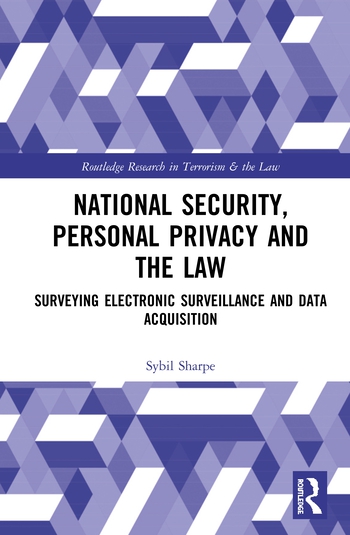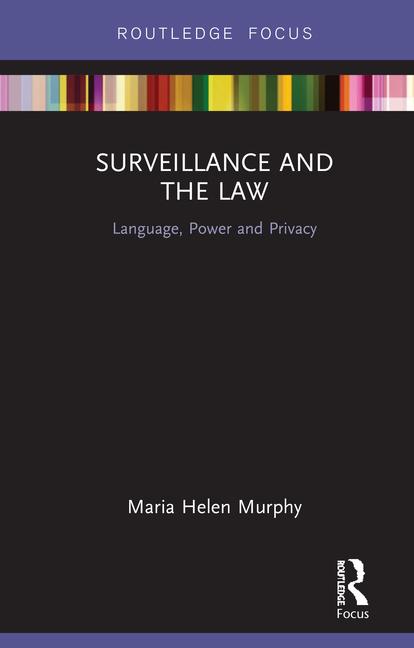During the construction of an office complex, the parties contracted for the installation of fire alarm pre-wiring, which included the type of cable described as fire cable.
The property owner became dissatisfied with the contractor’s performance and engaged another company to complete the work. The contractor filed a breach of contract action to recover the balance due.
The property owner learned that the contractor had no license under the Texas insurance code to install a fire detection device, and on that ground, moved for summary judgment.
In its affidavit, the contractor claimed it was exempt from licensing, stating that fire cable was not a fire detection device and that the contract did not involve installation of a fire detection or alarm system.
Summary judgment was granted in favor of the property owner. The contractor appealed. In discussing the matter, the court pointed out that pre-wiring is part of the construction of a building and is done before the sheet rock or other material is placed on the wall studs.
After the contractor completed the pre-wiring, it was contemplated that another subcontractor would install and monitor the fire detection devices or fire alarm system.
The Texas insurance code provides that, “…each person or organization engaged in the business of planning, certifying, leasing, selling, servicing, installing, monitoring or maintaining fire alarm or fire detection devices or systems must have a certification of registration issued by the commissioner of the state board of insurance.â€
The code further states that “‘fire detection device’ means any arrangement of materials, the sole function of which is to provide indication of fire, smoke, or combustion in its incipient stages.â€
Language included in the code states that the licensing requirement does not apply to a person or organization in the business of building construction that installs electrical wiring and devices that may include in part the installation of a fire alarm or detection system if: “…(b) the person or organization does not plan, certify, lease, sell, service or maintain fire alarms or detection devices or systems.â€
The court pointed out that the owner had the burden to conclusively prove that fire cable is a fire detection device within the meaning of the insurance code. But it offered no evidence, expert or otherwise, to establish exactly what function fire cable serves or how it relates to a fire alarm device or system.
Therefore, the court found no evidence that the sole function of fire cable is to provide indication of fire, smoke or combustion in its incipient stages. The court held that in the absence of this evidence, no basis exists for concluding that the insurance code’s licensing requirement applied to the contractor. The court therefore reversed the summary judgment and remanded the matter to the trial court.







